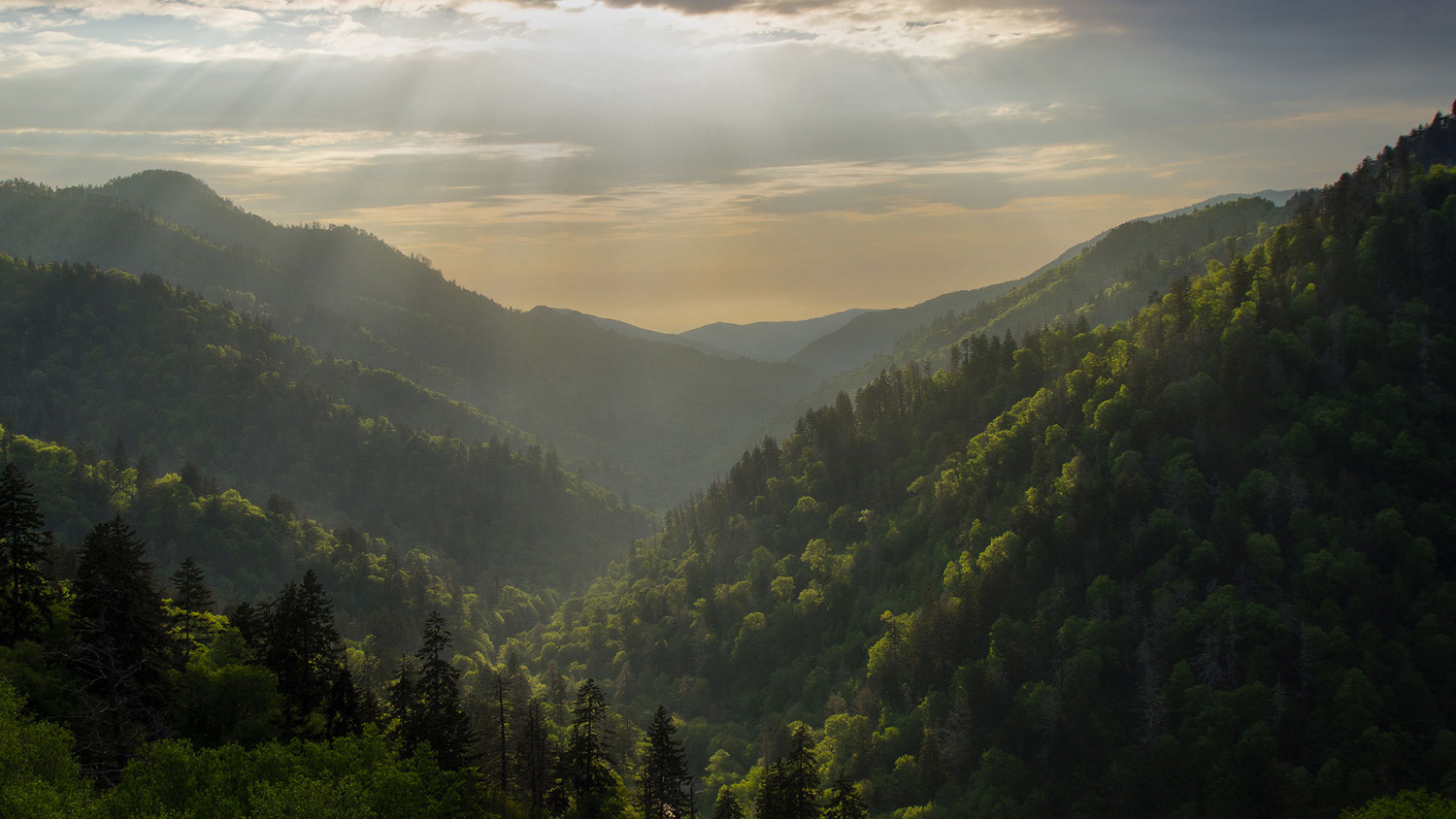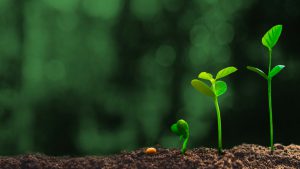As part of our ongoing commitment to the environment, we produce monthly reports to keep our visitors and customers updated on what we’re doing to increase our sustainability. For July, we’re happy to announce that we’ve planted over 4,600 trees and funded two Gold Standard Projects.
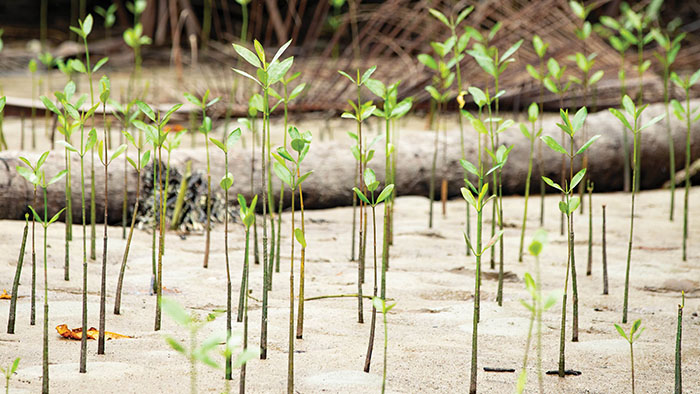
Over 4,500 trees planted across Haiti, Indonesia, and Nepal
For our web hosting, Managed WordPress, and VPS packages, we plant our trees through Eden Reforestation Projects, planting in Haiti, Indonesia, and Nepal. And this month, we’ve planted 4,563 trees.
In Haiti, they’re helping to build up food security in the country by planting fruit trees, as well as replenishing the mangrove population along the coastline. In Biak Island in Indonesia, they’re restoring mangrove forests that have been destroyed due to storms, clear-cutting, and tsunamis. And in Nepal, they’re creating a buffer zone around the Chitwan National Park, as well as reforesting mountains and grasslands.
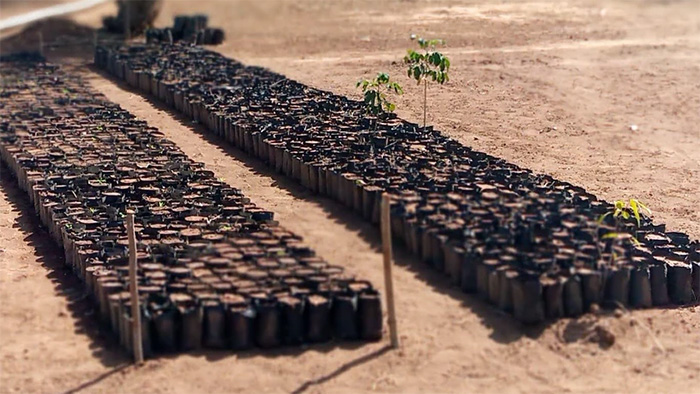
Over 65 trees planted in Mozambique
Ecologi also planted 69 trees for us in their Changalane, Mozambique project. Working to restore deforested woodland, provide jobs for the local community, and protect local wildlife, Ecologi has planted and more for us.
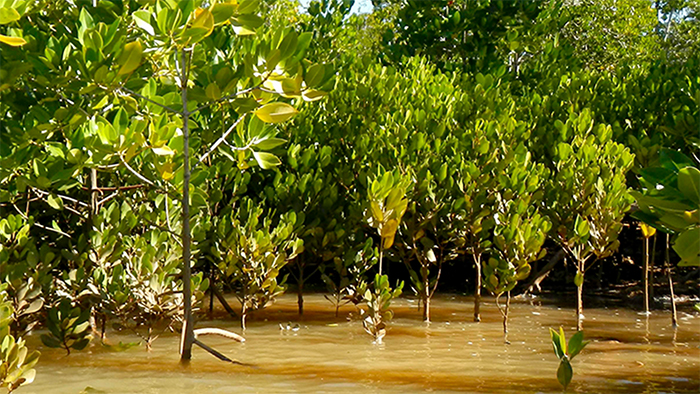
Over 50 mangroves planted in Madagascar
We offset our employees’ carbon footprints through Ecologi, and in July, we planted 51 mangroves in their Marataola tree-planting project. Mangroves are a fantastic carbon sink, help protect land from tidal erosion, and provide a home for a wide range of wildlife. They also planted an Avicennia marina mangrove for us in celebration of their second birthday. Happy birthday, Ecologi!
We offset our website’s footprint through Tree-Nation, and this month, they planted a Bruguiera gymnorrhiza for us as well.
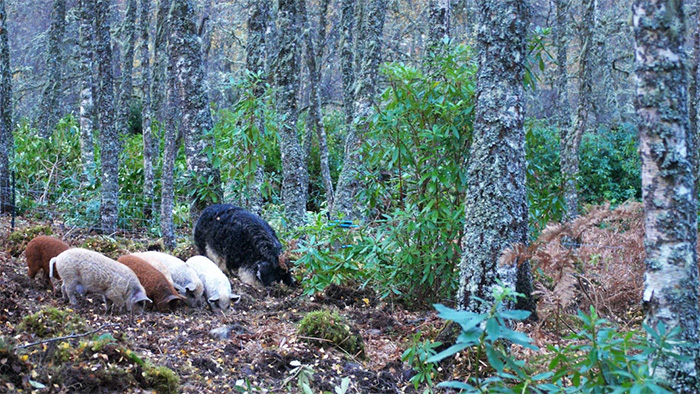
1 rowan tree planted in Scotland
We don’t just use Ecologi to plant trees overseas, we also plant trees in the UK. This month, we had a lovely little rowan tree planted in Dalry, Scotland, as part of their partnership with the Future Forest Company, which is helping to reforest parts of Scotland as well as provide new opportunities for rural communities.
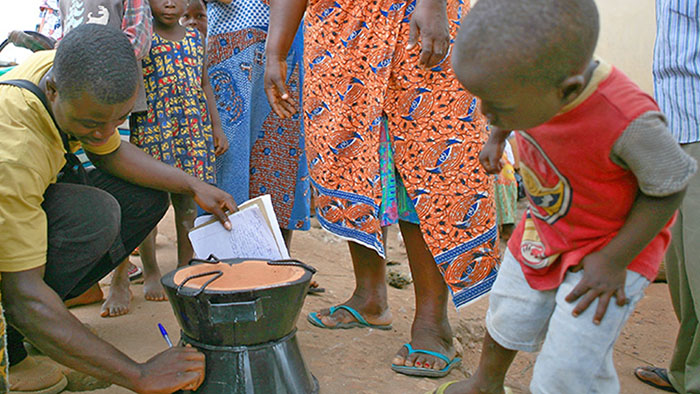
Funding cleaner cookstoves in Zambia and Ghana
Ecologi also funds Gold Standard Projects for us, and in July, we helped to fund the Toyola project in Ghana and the 3 Rocks project in Zambia. Both of these projects are providing cookstoves for local families. By providing energy-efficient insulated cookstoves, the amount of charcoal needed to cook is dramatically reduced, giving the communities cleaner air, lower fuel costs, faster cooking, and reducing the number of trees chopped down to provide charcoal.
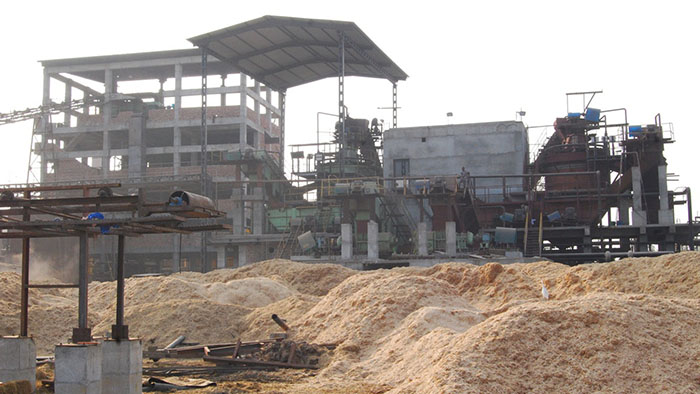
Supporting energy production from waste rice husks in India
Ecologi also helped to fund the Saisons cogeneration power project, where in the state of Haryana, rice husks are transported from the nearby rice mills and are used for turbine fuel in a power plant, helping to meet energy demands without relying on coal. India is responsible for around 23% of worldwide rice production, and using these waste husks for power generation cuts down on CO2 emissions, water contamination, and long-term health issues caused by coal-burning power plants.
Our monthly impact
Through our tree planting and project funding, we’ve reduced our carbon footprint this month by an additional 194 tonnes, making it nearly 3,400 tonnes since we started. That’s the equivalent of over 10.2 kilometres squared of sea ice being saved, over 4,200 tonnes of rubbish being recycled instead of being put into a landfill, over 6,500 metric tonnes of coal not being burned, or nearly 5,300,000 litres of petrol not being used.
We’ll keep you updated every month with what we’re doing on our blog and on our Green Credentials page. We hope you’re as happy with the work that we’ve done as we are.
